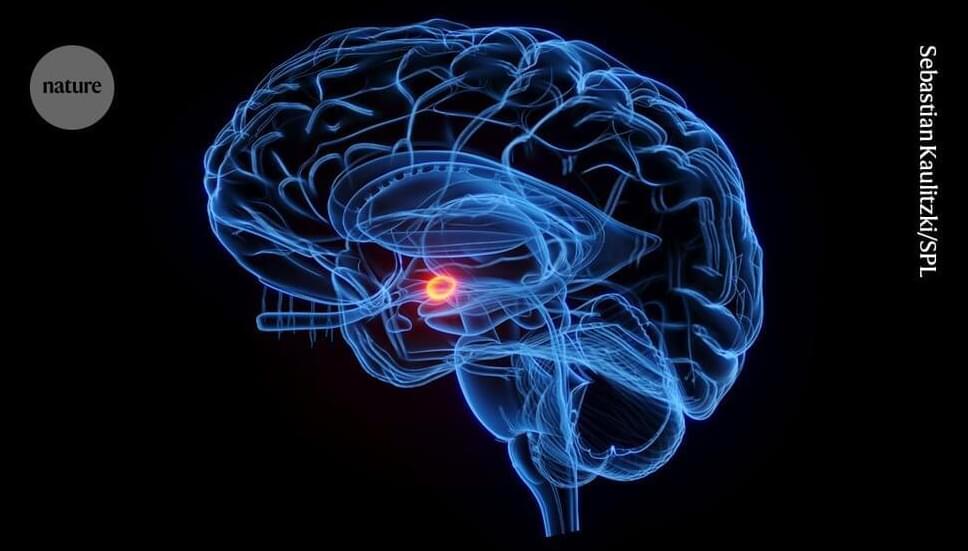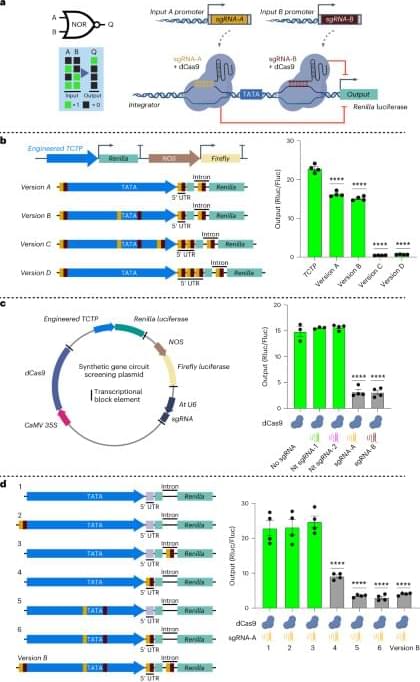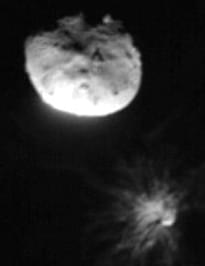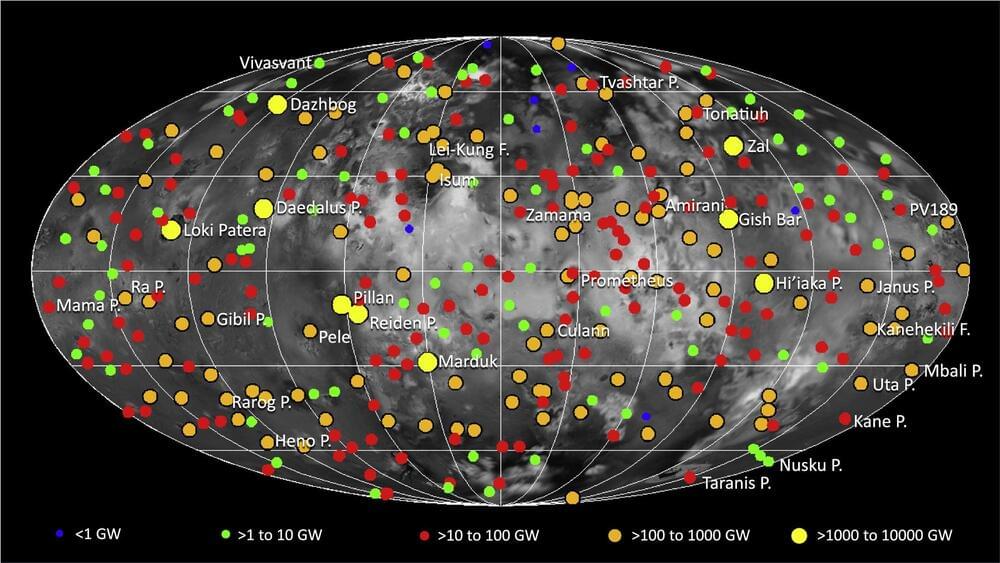Go to https://brilliant.org/IsaacArthur/ to get a 30-day free trial and 20% off their annual subscription.
We often wonder where all the vast and ancient alien civilizations are, but could it be that they’ve migrated far away in space or time, or even journeyed beyond our cosmos?
Join this channel to get access to perks:
/ @isaacarthursfia.
Visit our Website: http://www.isaacarthur.net.
Join Nebula: https://go.nebula.tv/isaacarthur.
Support us on Patreon: / isaacarthur.
Support us on Subscribestar: https://www.subscribestar.com/isaac-a…
Facebook Group: / 1583992725237264
Reddit: / isaacarthur.
Twitter: / isaac_a_arthur on Twitter and RT our future content.
SFIA Discord Server: / discord.
Credits:
The Fermi Paradox: Migration.
Episode 459; August 8, 2024
Produced, Written \& Narrated by: Isaac Arthur.
Graphics:
Jeremy Jozwik.
Ken York.
LegionTech Studios.
Sergio Botero.
Select imagery/video supplied by Getty Images.
Music Courtesy of Epidemic Sound http://epidemicsound.com/creator.
Lombus, \






